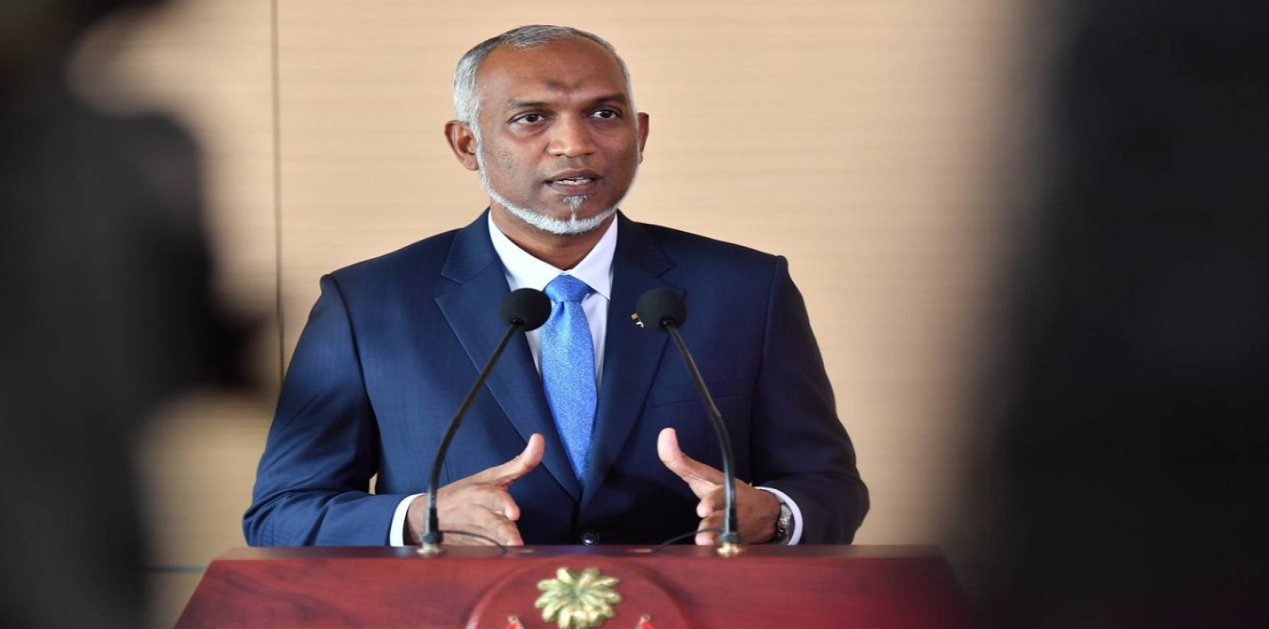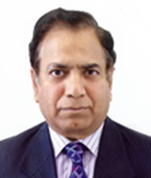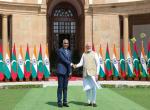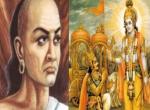The Maldives has been gathering news headlines for all the wrong reasons. From the “India Out” in the election manifesto of the Progressive Political Party (PPM) to unwarranted diatribes of junior ministers to the ugly brawl in the parliament of a peace living country, the Maldivian government is committing one after another mistake in a desperate move to save it.
Violating the usual practice of making New Delhi as the first port of call after swearing in, president Mohammed Muizzu chose to go to Ankara and then to Beijing thus inviting the raised eye brows not only from India but also from the opposition in the Maldivian Majlis. His frequent rhetoric of asking India to remove its “army” from Maldives was repeated in his dialogues with PM Modi on the sidelines of Davos. The fact is the so-called “Indian Army” in Maldives consists of just 80 odd personnel deputed there to train the Maldivian Army to fly the two rescue helicopters and one Dornier aircraft India has gifted to Maldives and maintain them. It is to be noted here that these carriers have so far carried out more than 600 rescue operations. Now, in an attempt to reduce its dependence on India for rescue operations, the Maldivian government has requested Sri Lanka to provide air ambulances as well as medical treatment to Maldivian patients in Sri Lankan hospitals in case of emergency/critical care. Laughably, even the cash- strapped Pakistan has offered assistance to Maldives!
While Muizzu was on a visit to China, three of his junior ministers passed derogatory remarks against PM Modi, then visiting Lakshadweep, in a below-the-belt attack. This provoked an angry reaction from Indians who called for a boycott of tourism to Maldives. The number of Indian tourists, so far highest foreign tourists flocking to Maldives, fell to less than half as the cancellations swelled. It certainly hurt Maldivian economy as Indian tourists constituted almost 15% of the total intake in Maldives. The Maldivian Tourism industry apologised for the unwarranted remarks by the ministers and appealed Indian tourists not to boycott Maldives. The opposition quickly grabbed the opportunity to accuse Muizzu of being impractical and refused to approve the nomination of some members of his proposed cabinet. According to the constitution of Maldives, the President’s cabinet shall consist of Maldivians from outside the Mazalis but approved by it.
After the latest fist-fight in the Majlis between the members of the treasury bench and the opposition, the later threatened to impeach the President while the treasury benches threatened to table a motion for impeachment of the speaker and Deputy Speaker, both from the opposition. While the ruling coalition has gone to the Supreme Court of Maldives against the amendment which will allow the impeachment motion to be voted for, the opposition has launched a signature campaign to garner enough public support as the president is chosen directly by the voters.
What is the constitutional position? The Maldives Majlis has 87 members. An impeachment proposal needs support of 2/3rd of the members to be successful which means at least 59 members should vote for the impeachment. However, seven members of the majlis, who were nominated in the cabinet by the President, had to resign as per constitutional requirement thus reducing the strength of the house to 80. Though the constitution provides for the bye -election within 60 days of the vacancy, it prohibits any bye-election if the general elections for the Majlis are to be held within six months of such vacancy. Since the next general elections are due in June, 2024, the bye-elections can clearly not be held. This means that, for the remaining period, the majlis will have to function with 80 members only. This will reduce the minimum vote required to carry the impeachment motion to 54. The combined strength of the opposition comprising the Maldives Democratic Party (43 members) and the Democrats (13 members) is 56, sufficient to carry the motion. Besides, Abdulla Yameen, the former president and member of Muizzu’s own party as well as his mentor, has made it clear that he is against the incumbent who is “too weak to rule”, which has increased Muizzu’s troubles. To add to his vows, capital Male’ has elected a member of opposition as its mayor, a post held earlier by Muizzu. MDP, the pro- India main opposition party, whose candidate Mohammad Solih was the last President, has been criticising Muizzu for neglecting the country’s immediate northern neighbour India, which, as the “First Responder”, had always come to help the island nation-be it the 1988 coup attempt, Sunami of 2004 or the corona pandemic. Meanwhile, the Maldivian Government has welcomed the Chinese Survey (spy?) ship at its shores thereby increasing the discomfiture of India. India has finally reportedly agreed to with draw one helicopter and few personnel by 10th March and the rest by 10th May. However, the platforms will not be disturbed.
The public of this island country of over 5,00,000 people is by and large in favour of India because they look towards India for education, training, medical assistance or even business. It is a fraction of the political leaders in Maldives which has perhaps a clandestine allegiance with China.
Why is Maldives important in Indian Ocean? Though the Maldives is a very tiny archipelago with the total land area of about 300 sq. Km which makes it the smallest nation of Asia. The 1192 islands of the country stretch from the southern tip of Minicoy to the northern tip of Chagos archipelago. Geographically, it is world’s most dispersed country with a 960 Km long submarine ridge stretching from north to south. There are two passages each in north and south of the country through which large ships can pass. These sea lanes of communication (SLOCs) are very critical for the maritime commerce between the strait of Malacca in the east and the Gulf of Eden and the Gulf of Hormuz in the West Asia. As more than 50% of India’s sea trade and more than 80% of her crude import passes through these SLOCs, freedom of navigation through these becomes of paramount importance for our international trade. Thus, Maldives is a toehold for sea trade via western Indian Ocean. The increasing super-power rivalry in the Indian Ocean makes it imperative for us to ensure a safe SLOC in the region.
What have we done so far to engage Maldives? Earlier I 1980s and 90s, India had gifted a 200- bed hospital and a polytechnic to Maldives. Since 2008, with expenditure of more than Rs 2454.59 crores under various schemes for assistance to Maldives, India had constructed 500 affordable houses, a Technology Adoption Centre, a national college of police and law enforcement, a water and sanitation project in Male, a road and land reclamation project in Addu Atoll and a faculty of Hospitality and tourism to name a few besides training more than 20,000 personnel of the Maldives National Defence Force (MNDF). Our navy and Coast Guard have also engaged MNDF in various joint exercises from time to time.
What should be our approach? As mentioned earlier, only a handful of politicians with vested interest are trying to create a chasm between the two countries while the Maldivian public at large is in favour of having good relations with India. Taking advantage of our goodwill in the Maldivian mindset, we must, therefore, continue to constructively engage our southern Island nation and hope that the public of the Maldives will sooner or later make Maldivian government realise the importance of throwing their lot with India.
(The paper is the author’s individual scholastic articulation. The author certifies that the article/paper is original in content, unpublished and it has not been submitted for publication/web upload elsewhere, and that the facts and figures quoted are duly referenced, as needed, and are believed to be correct). (The paper does not necessarily represent the organisational stance... More >>
Image Source: https://opinionexpress.in/maldives-opposition-leader-tells-president-muizzu-to-seek-apology-from-india











Post new comment